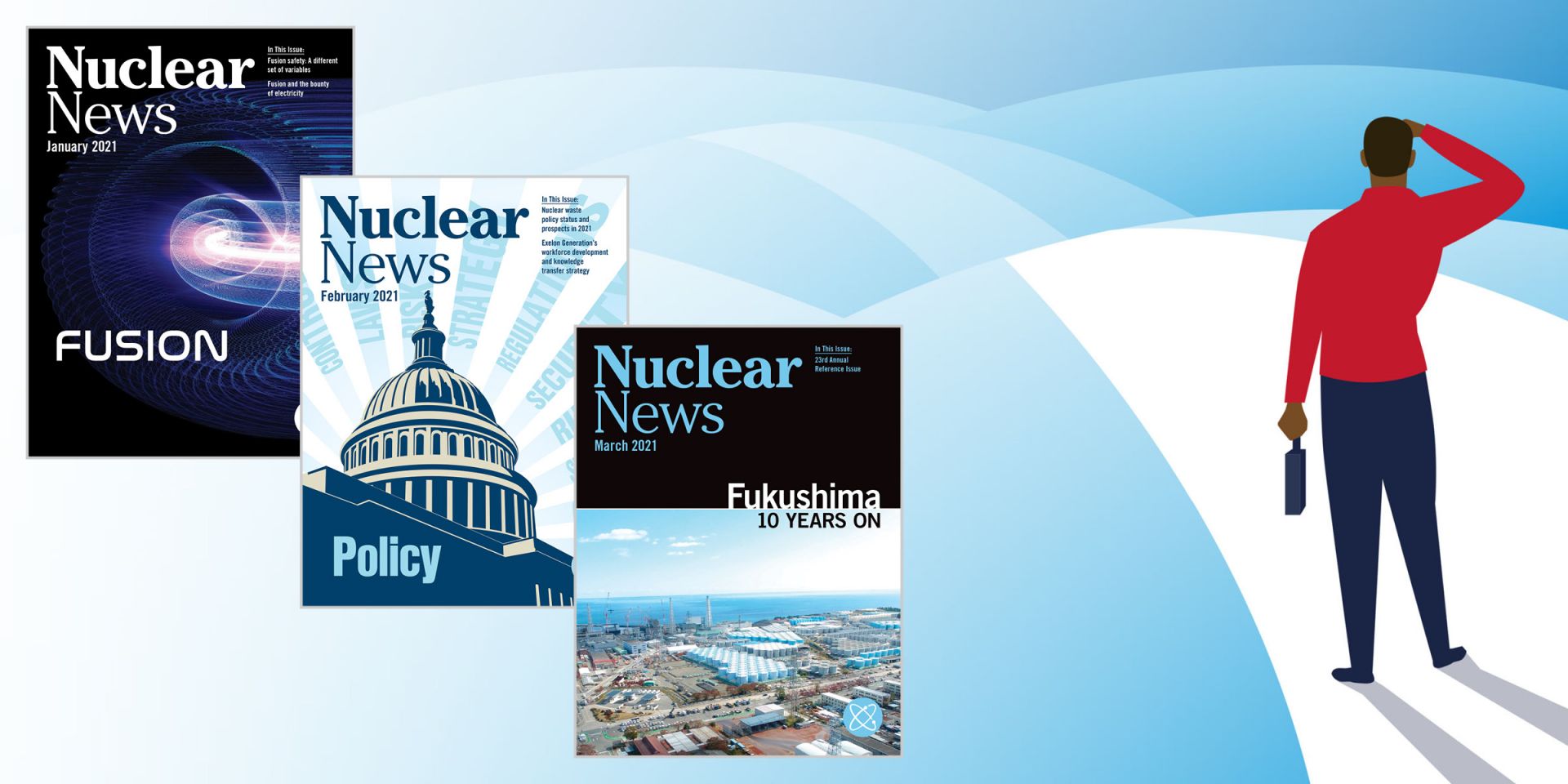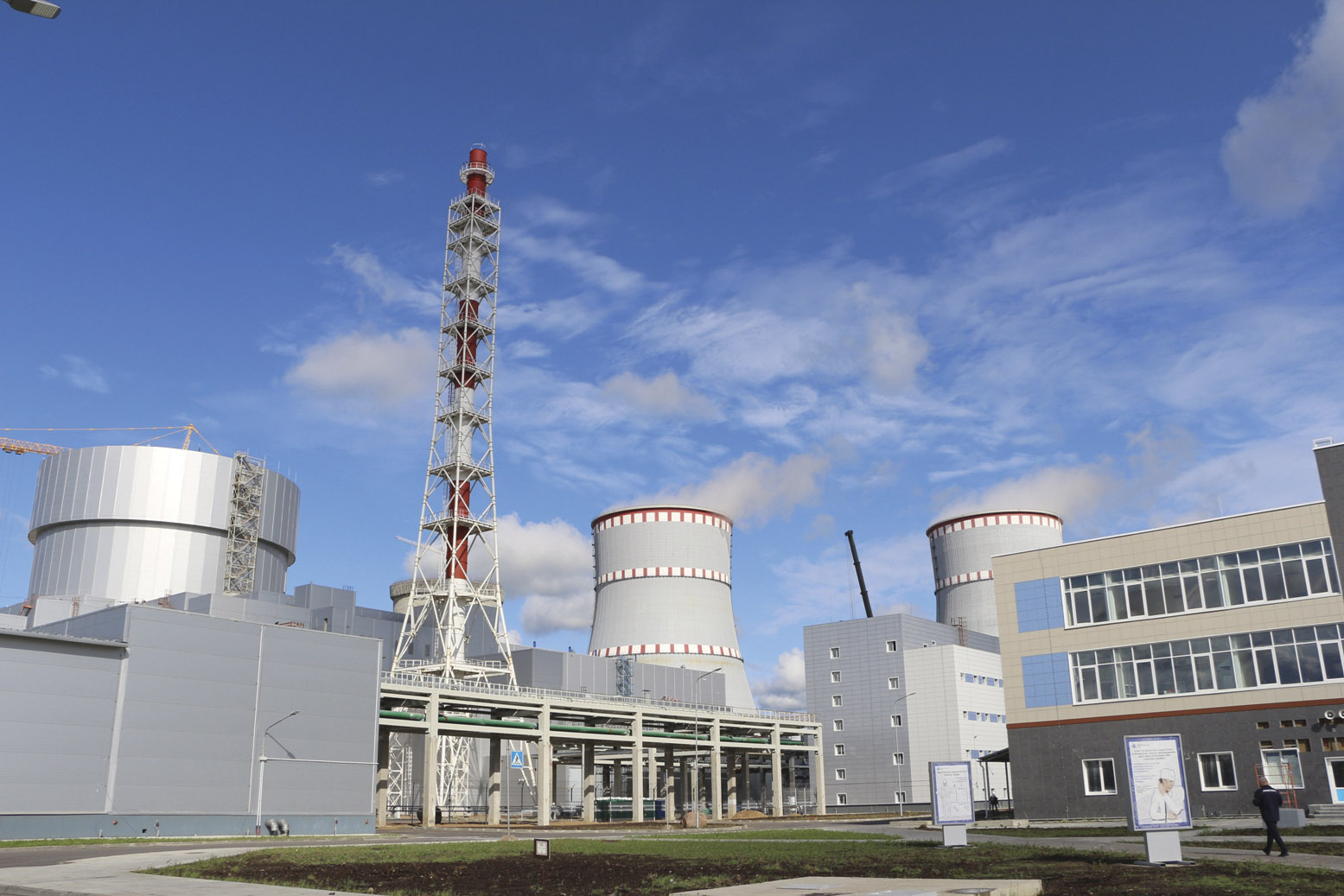The American Nuclear Society calls on the world nuclear community to donate now to help Ukraine’s nuclear workers and their families impacted by war
The American Nuclear Society (ANS) has launched a humanitarian relief fund to help Ukraine’s nuclear professionals and their families impacted by the military invasion of their country.
Energoatom issued this graphic dismissing Russian claims of control of Zaporizhzhia as “fake” on February 28. (Image: Energoatom)
Denying a Russian claim of control of the Zaporizhzhia nuclear power plant, Energoatom earlier today declared that “Russian propaganda media reports that the invaders allegedly took control of the Zaporizhzhia NPP are a cynical fake.” According to Energoatom, all four of its nuclear power plants are under the control of Ukraine and are operating normally with enhanced defenses.
February 24, 2022, 9:48AMUpdated February 24, 2022, 3:10PMNuclear News A map of Ukraine and the nuclear sites around the country.
Russian forces invaded Ukraine today in what news sources are calling the largest military attack of one state against another on the European continent since World War II. These developing events follow an extraordinary meeting of the NATO-Ukraine Commission in Brussels on February 22, when NATO secretary general Jens Stoltenberg said that Russia’s recent actions constituted “serious escalation” of tensions in the region and that Russia had shifted from covert attempts to destabilize Ukraine to overt military action. Well before this juncture was reached, news outlets had questioned the readiness of Ukraine’s nuclear power fleet to operate safely in a country at war and ensure energy security, while Energoatom, which operates all of Ukraine’s nuclear power reactors, has issued assurances of safety and security.
Artist's rendition of the Versatile Test Reactor. (Source: DOE)
First concrete pour for research reactor begins at Bolivian nuclear research center. (Photo: Rosatom)
Key facilities at a multipurpose nuclear research center in the high plains of Bolivia are nearing operation, and a ceremonial first concrete pour for the nuclear research reactor that will serve as the centerpiece of the project was held on July 26. Bolivian president Luis Arce attended the ceremony at the Center for Nuclear Technology Research and Development (CNTRD). Also attending were Kirill Komarov, first deputy director general for corporate development and international business at Rosatom (Russia’s state atomic energy agency), and authorities from the Ministry of Hydrocarbons and Energies and the Bolivian Nuclear Energy Agency (ABEN).













